What happens to fish in severe floods?
The recent extreme floods will have led many anglers to wonder what lasting effects such dramatic events have on fish. Fishery Management Consultant Dr Bruno Broughton explains what goes on.
There is a large variation in river flows, dependent on the bed gradients and the size of the catchments. In slow-flowing, lowland rivers, flood events may cause the water to pass more quickly and the river channel to become enlarged, maybe overtopping the banks. In such relatively benign conditions, it is easy to appreciate that freshwater invertebrates and fish are able to survive unscathed. But in upland rivers and those with large catchments, flood-water flows are much more dramatic. Five or more metres of additional water in the River Severn is a sight to behold, and it seems inconceivable that anything could withstand the hugely powerful force of the racing, roaring water.
Fish have evolved to react to flooding
And yet, on further consideration, it is clear that aquatic flora and fauna can and do survive even extreme flood conditions. Were this not so, our rivers would have become denuded of fish and post-flood fishing would have become a pointless exercise. With the exception of flash floods, it takes a while for rivers to rise and flows to increase during and following heavy rain or snow-melt. This gives invertebrates time to take evasive action and fish to seek more amenable conditions. They have evolved to be able to react instinctively.
Mobile invertebrates find refuge amidst or under rocks, stones and submerged debris on the river bed where flows will be somewhat less fierce than at the surface because of drag. Marginal water plants, submerged trees, slacks and backwaters all offer areas of sanctuary. Less mobile animals, such as water snails, have the ability to clamp themselves to hard surfaces until the floods subside while crayfish hunker down in their burrows. Of course, many invertebrates will succumb to flood waters, but given the annual life-cycles of a host of species, especially the small ones, the recovery of populations is rapid.
Gimme shelter
Likewise, fish perform avoidance behaviour, finding shelter behind obstacles, in slack areas, in the lee of islands or anywhere else where flows are less severe. These spots may be quite discrete, and large aggregations of fish can pack together in flood conditions. This is also the case with small river tributaries and side streams which, in normal conditions, may be shallow enough to ford in Wellington boots and even jump across. When the main rivers flood and the streams enlarge as water backs up, they become havens for fish that seek temporary refuge from the raging water.
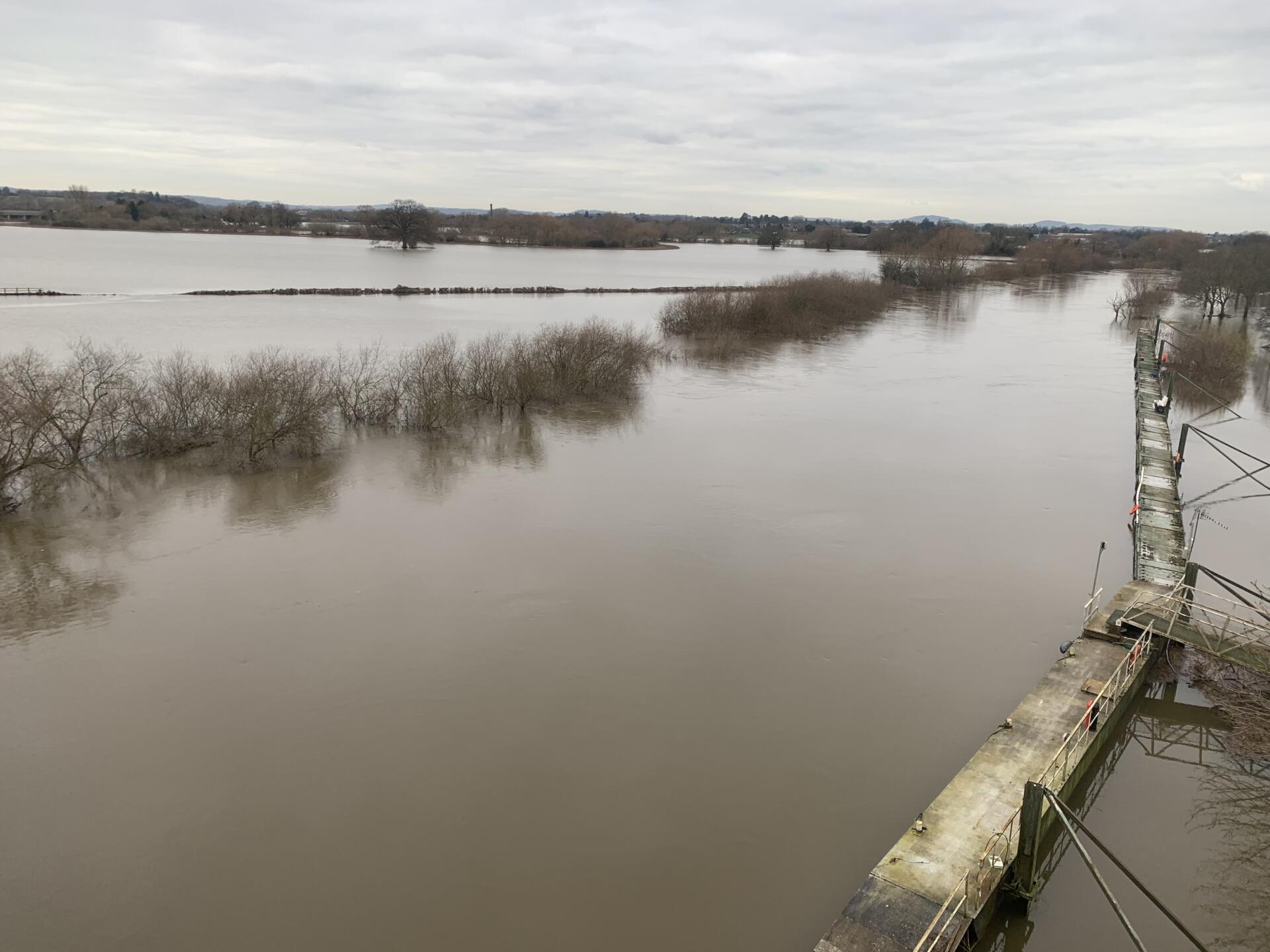
Grey and foreboding – The River Severn near Worcester (foreground) is barely recognisable amongst the fields it has submerged under water
Fish will also take advantage of the flooded land when rivers overtop their banks because water flows will be far less or even negligible. I know of several flood-water barbel hotspots which, in normal flow conditions, are grazed by bankside cattle. In these cases, the fish were actively searching for food – drowned worms and other land-based invertebrates.
Finding their way back home
Usually, fish can successfully find their way back to the main river as flood levels recede, but this is not always the case. On one large gravel pit alongside the middle Trent, for example, anglers have watched river carp swim out of the river and into the pit in a water channel so shallow that they did so on their sides, like flatfish! In effect, the pit became stocked for free. Small pike appear to be particularly adept at moving out of swollen rivers and into flooded stillwaters.
The topography of the flooded land can sometimes trap refugee fish when the floods subside. The racecourse in Worcester is notorious in this regard, and the Environment Agency often mounts post-flood fish rescues to capture and return trapped fish to the River Severn lest they die in the shrinking puddle.
The young are most vulnerable
Small, young-of-the-year fish are most vulnerable to death in flood conditions because of their lack of strength and relatively poor mobility. Fish have evolved to compensate for such eventualities by producing vast numbers of offspring, thereby ensuring that even though only a very small percentage of them may survive, it is sufficient to maintain populations.
The floods this winter will have impacted and changed rivers, but the strong likelihood is that fish stocks will not be noticeably reduced or that anglers’ catches will decline as a consequence.
Falling river levels can be a great time to catch barbel
* The time when water levels subside can be a great time to catch barbel. If you fancy giving it a go then you should read our article ‘Catching barbel on a flooded river‘ by Rob Harris.
Warning
Anglers should exercise extreme caution when venturing onto recently flooded river banks. The banks will be slippery and, in places, covered with a veneer of fine silt, rendering them hazardous. Please be very careful or wait until the silt dries out.
Dr Bruno Broughton can be contacted for advice on most fishery-related matters on 01952 691515 or 07804 651402 or by email on: bruno.broughton21@gmail.com. Alternatively visit his website at: www.bruno-broughton.co.uk
Similar articles
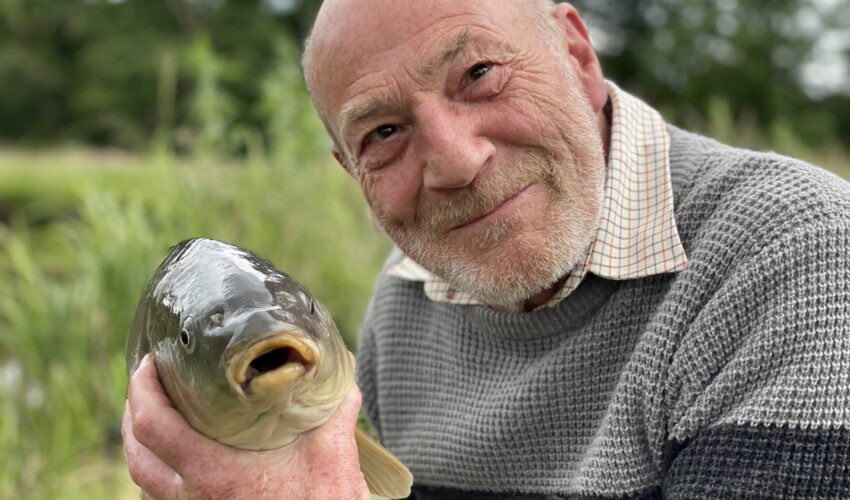
In Memory of Peter Cliff
It is with heavy hearts that we announce the passing of Peter Cliff, the founder of Fisheries.co.uk, who passed away in May 2025. Peter’s vision and dedication transformed what began as an idea 26 years ago into one of the…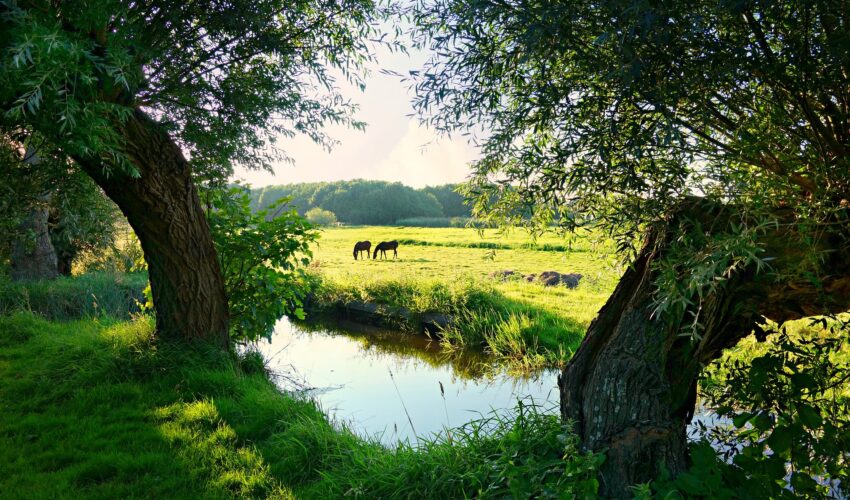
River Fishing – A guide to getting started
Are you thinking of going for a trip to the river in 2025 but find yourself filled with trepidation because you have never fished running water before? Well I want you to relax. Let us take the mysteries out of…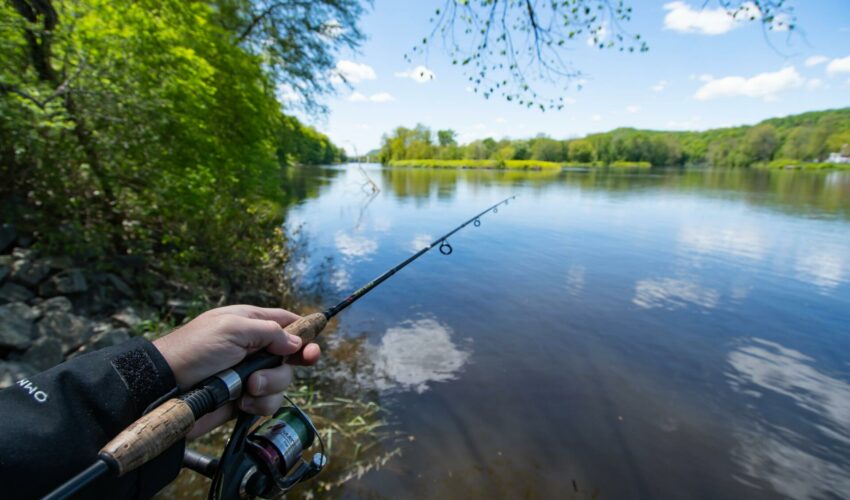
A guide to fishing licences in 2025
Whether you want to become a new angler or you’ve been fishing for years, you will be required to obtain the Environment Agency Rod Licence. In this article we explain what you’ll need if you want to go fishing in…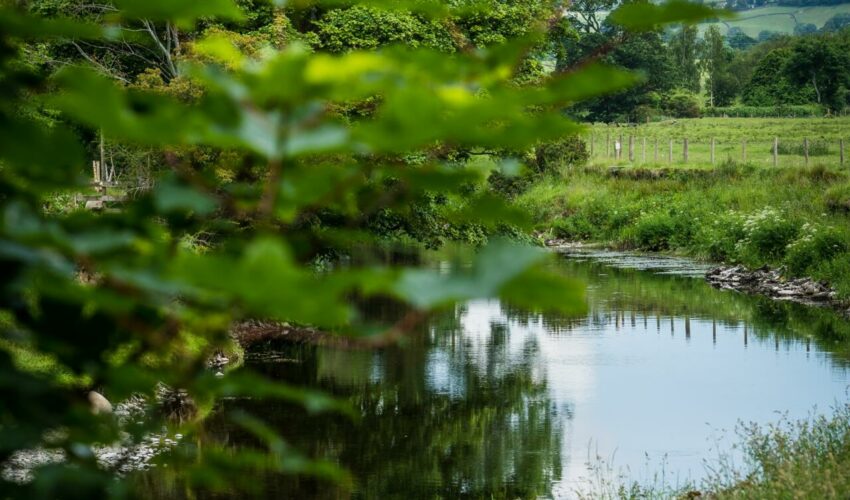
Make the most of the 2025 river season with this in-depth guide to fishing rivers
If you’re new to fishing rivers, or just fancy a change from fishing stillwaters, this guide will help you make the most of the new 2025 river fishing season. With advice on reading the water, what species to fish for…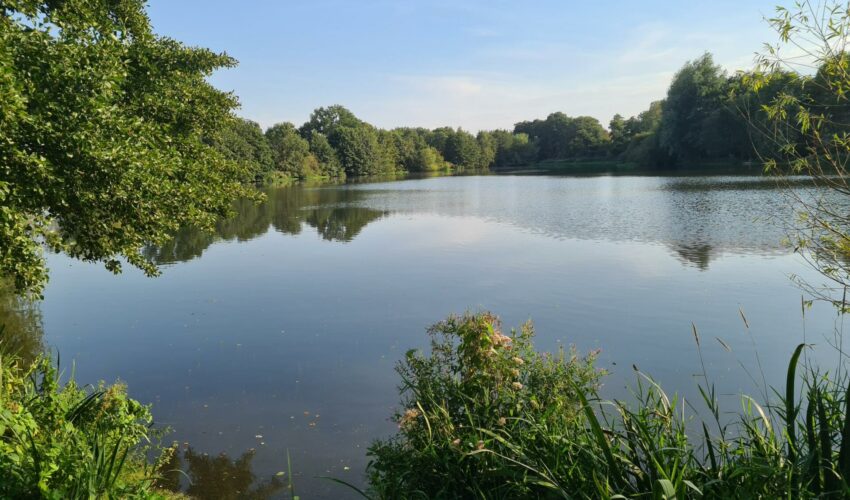
Our guide to fishing this spring (2025)
With the worst of the weather over (we hope!) and with spring finally here, it’s time to clean out that tackle box and get on the bank for some spring time fishing.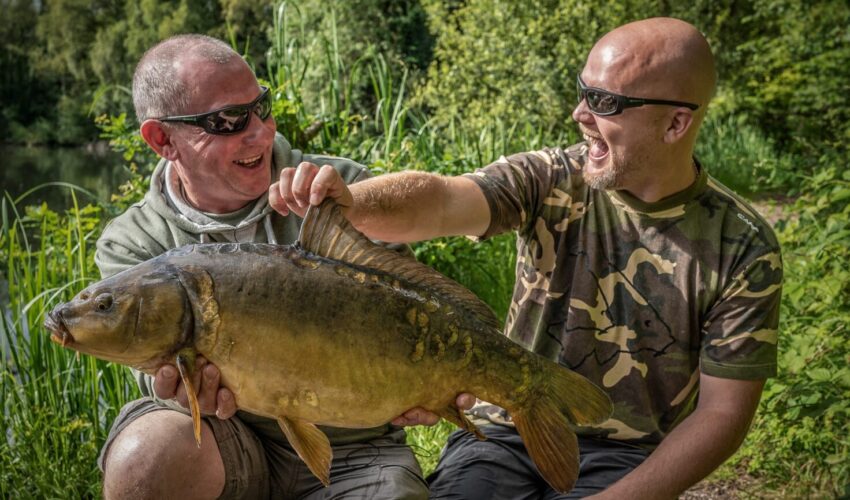
Take a friend fishing
Get ready to hit the water! From April 18th to May 4th, 2025, you can get a free fishing license to take a buddy out and show them what fishing’s all about. Yep, free! It’s all part of the “Take…Search by Region or County
Find new places to go fishing in your local area or county by choosing your destination below









Comments